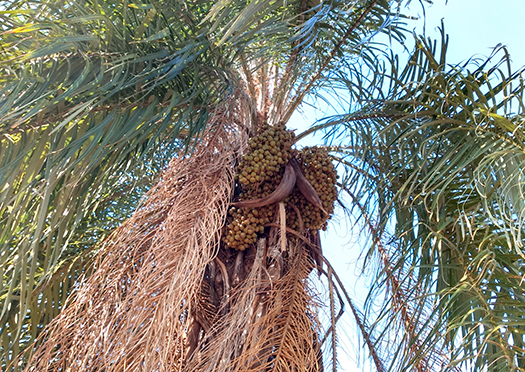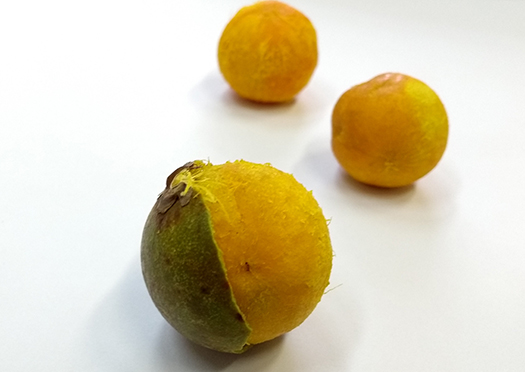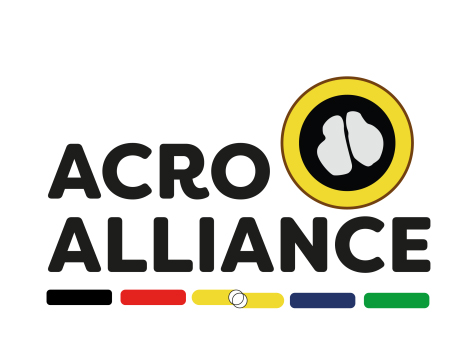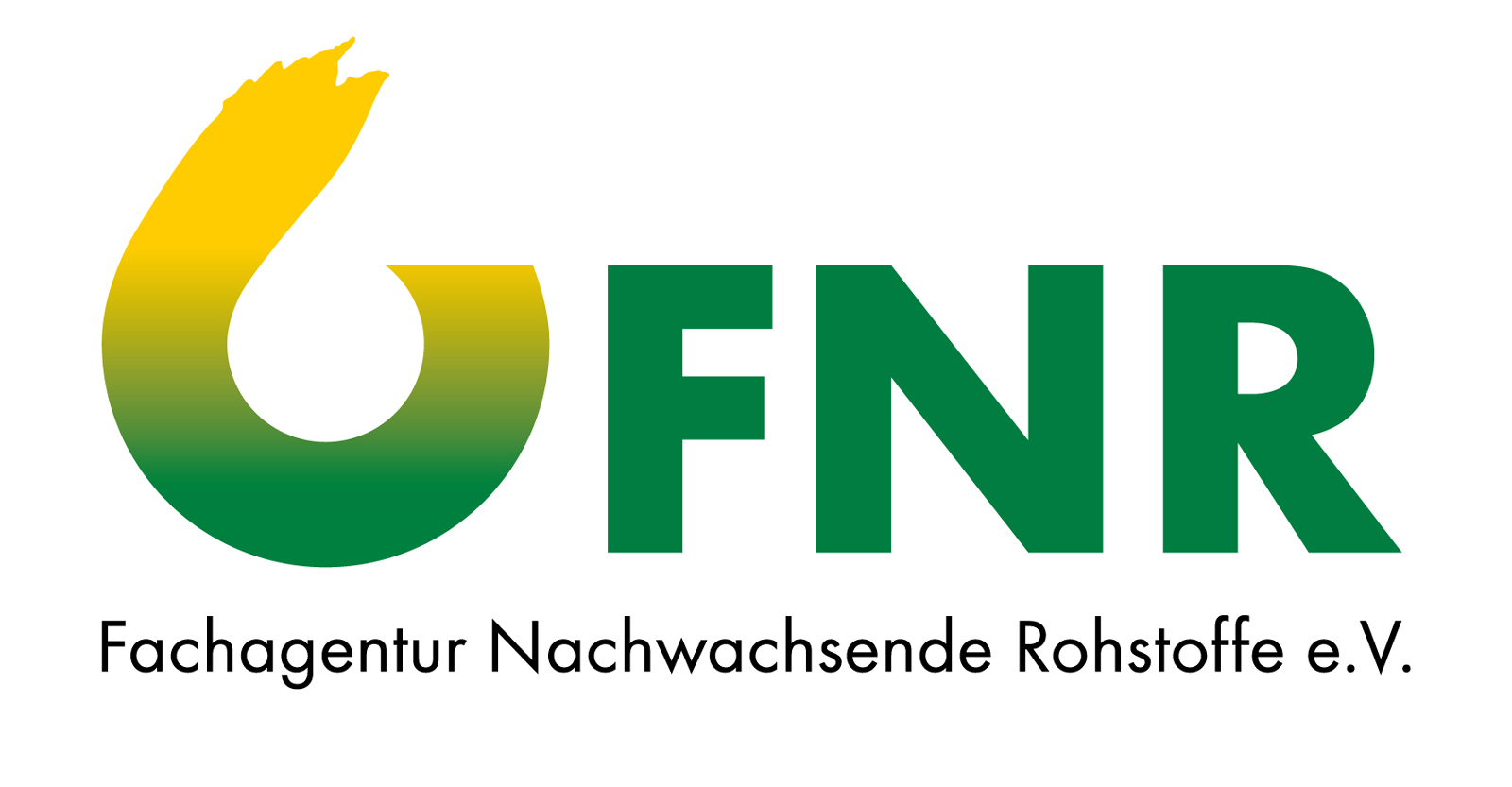Development of sustainable value chains for macauba palm trees (Acrocomia ssp.)



Cultivation of macaw palms to counteract tropical rainforest deforestation
New raw materials contributing to sustainable development, innovation and protection of the environment are becoming increasingly important for developing effective, biobased economic systems. In Latin America, and especially Brazil, macauba palms have so far been underutilized, despite showing high potential for manufacturing foodstuffs, cosmetics and technical ingredients. While offering oil productivity similar to palm oil, the macauba palm adapts to a variety of environments. This allows cultivation of macauba palms outside of tropical regions, and the deforestation of tropical rainforests as an ecosystem worthy of protection could be counteracted by economic utilization of the macauba palm fruit.
Optimizing the Acrocomia value chain from seeds to high-quality products
However, to advance the commercial use of macauba palm (Acrocomia) fruit, both technological developments and the establishment of a viable value chain are required. Further technological developments are needed in a number of areas, including advancements in the selection of optimum plant materials or seeds, improved cultivation methods, optimized harvesting and post-harvesting methods and processing of fruits into functional fractions that can be used in a variety of ways. The goal of the German-Brazilian cooperation in the AcroAlliance project is to promote sustainable exploitation of the macauba palm fruit by filling these knowledge gaps. To this end, three research institutions from Brazil and two research partners in Germany cooperate with 11 companies to develop a sustainable value chain for macauba palm fruit as part of a global bioeconomy.
Sustainable fractionation technology for holistic utilization of the macauba palm fruit
Within the framework of the project, Fraunhofer IVV will develop sustainable fractionation technology that enables utilization of all the raw material fractions (namely oil, protein, fibers) of the macauba palm fruit. The incorporation of the recovered fractions into foods and other products is being conducted in collaboration with industry in order to develop novel products and ensure profitable utilization of all macauba palm fruit fractions. This will pave the way for producing inexpensive and functional oils, high-quality proteins and fibers from the macauba palm fruit. The results of AcroAlliance will help position macauba as a strategic raw material for sustainable development in a global bioeconomy.
Project term: |
2022 to 2025 |
Project management / funding: |
Fachagentur Nachwachsende Rohstoffe e.V. (FNR) / Federal Ministry of Food and Agriculture (BMEL) |
Projectpartner: |
Research organizations
Industrial partner
|
| Previous project: | Acrowards: Macauba palm fruit as a raw material for food and non-food applications (2016-2019) |
 Fraunhofer Institute for Process Engineering and Packaging IVV
Fraunhofer Institute for Process Engineering and Packaging IVV